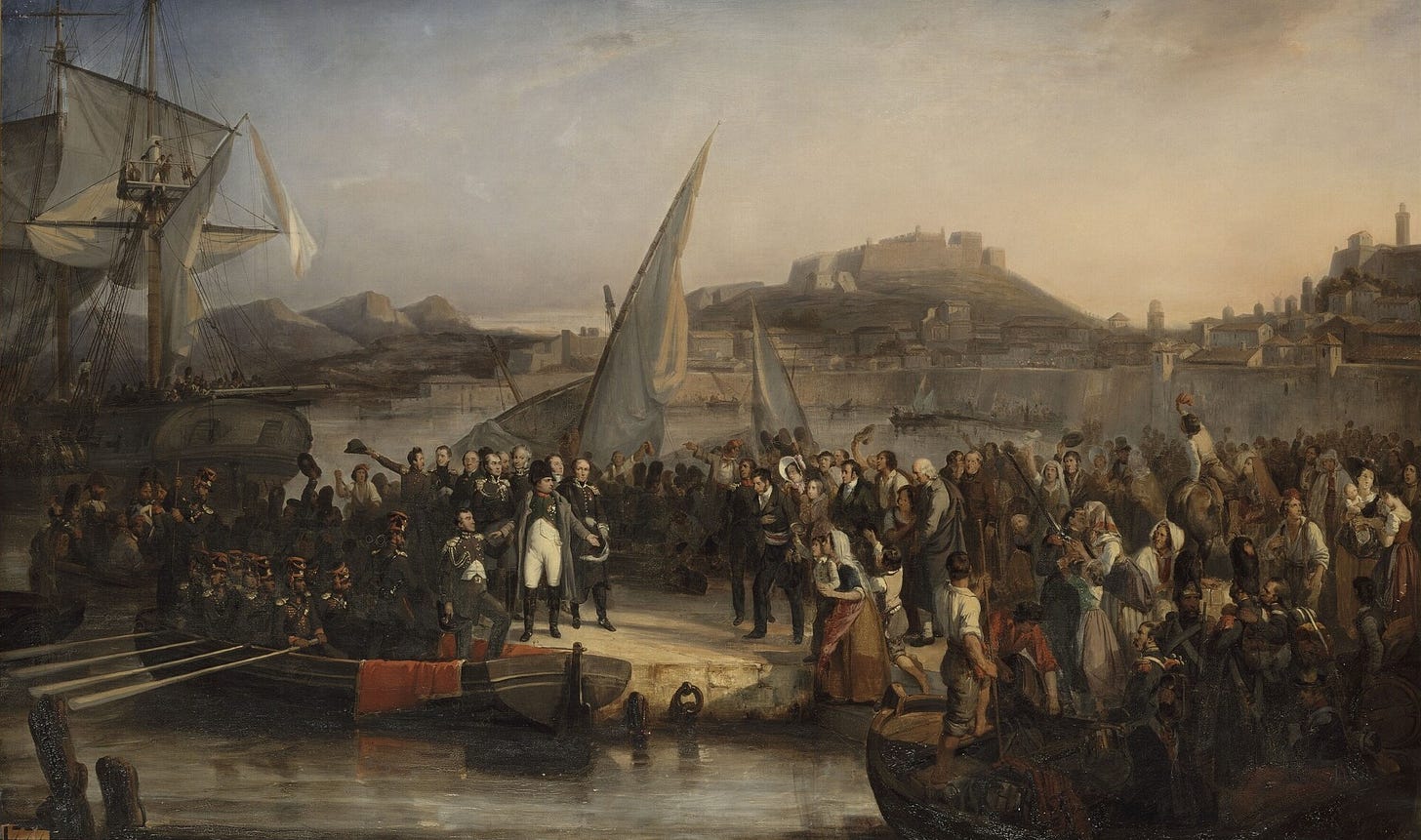World roundup: February 26 2024
Stories from Israeli-Palestine, Sweden, Colombia, and elsewhere
PROGRAMMING NOTE: Due to a family commitment there will be no roundup tomorrow evening. I’ll double up on Wednesday.
TODAY IN HISTORY
February 26, 1616: The Catholic Inquisition orders Italian astronomer Galileo Galilei “to abstain completely from teaching or defending” the doctrine of Copernican heliocentrism (that the Earth revolves around the sun rather than vice versa). Church theologians deemed the doctrine heretical because it diverged from the plain text of the Bible. Galileo accepted the ruling, but in 1632 he published his Dialogue Concerning the Two Chief World Systems, which involves a debate between a Copernican scholar and a defender of the Church’s position whom Galileo named “Simplicio.” The dialogue structure satisfied a papal request that he write about heliocentrism by presenting both sides of the argument, but even so Church officials felt that its conclusions were slanted toward heliocentrism. They once again charged Galileo with heresy, forced him to recant, and eventually sentenced him to house arrest.
February 26, 1815: Napoleon Bonaparte escapes his exile on the island of Elba in a bid to return to France and restore his empire. The erstwhile emperor entered Paris on March 20, chasing off the just enthroned Bourbon king, Louis XVIII, and beginning the “hundred days,” his brief revival/reunion tour. Napoleon’s attempt at a second act came to an end on June 18 at the Battle of Waterloo, in which British and Prussian armies won a decisive victory. He withdrew to Paris to find that the city had already turned against him, and abdicated on June 22. His second exile, on the more remote island of St. Helena, would prove permanent.

MIDDLE EAST
ISRAEL-PALESTINE
Palestinian Authority Prime Minister Mohammad Shtayyeh and his cabinet presented their resignations to PA President Mahmoud Abbas on Monday, and Abbas accepted them. Shtayyeh cited “the unprecedented escalation in the West Bank and Jerusalem and the war, genocide and starvation in the Gaza Strip” as the reason for dissolving the cabinet, framing the move as an opportunity to institute “new governmental and political arrangements that take into account the new reality in Gaza and the need for a Palestinian-Palestinian consensus based on Palestinian unity and the extension of unity of authority over the land of Palestine.” In other words, he’s freeing Abbas up to create some sort of “day after” potentiality that can be spun as a reform of Palestinian governance to…well, let’s talk about the audience for this.


